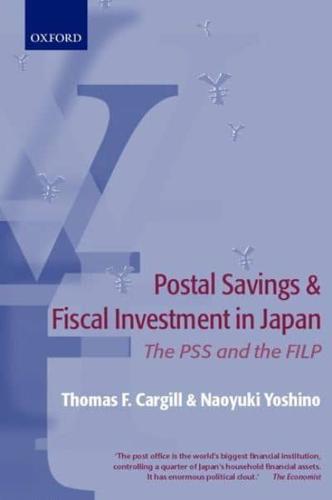Publisher's Synopsis
Japan's Postal Savings System (PSS) and Fiscal Investment and Loan Program (FILP) are major institutional features of Japanese finance that support a wide ranging system of government financial intermediation. Despite their size and importance, they have not received extensive attention outside of Japan. These institutions manifest characteristics of the pre-liberalization regime and despite an official policy of liberalization since the mid 1970s, the PSS and FILP have increased their role in the financial system and economy. They resisted reform until 1998, and despite a series of reforms that became effective 01 April 2001, there is concern that reducing the role of government financial intermediation will be a slow and difficult process. The process is complicated by Japan's depressed economy that is now in its second decade of stagnant or declining growth. The book provides an institutional, flow of funds, theoretical, and statistical overview of the PSS and FILP. The book evaluates the contributions these institutions have made to Japan's economic growth and the problems these institutions create as Japan attempts to modernize its financial and economic system. The book provides a positive analysis of the role played by the PSS and the FILP in Japan's impressive growth from 1950 to the late 1980s and the economic and financial distress of the 1990s. The book evaluates the reforms started in 1998 and provides a normative view of what direction reform of the PSS and FILP needs to take if the goals of the 1996 Big Bang announcement are to be realized. Despite the setbacks in the late 1990s and the first years of the new century, the 1996 Big Bang remains the operating framework for financial reform in Japan.









